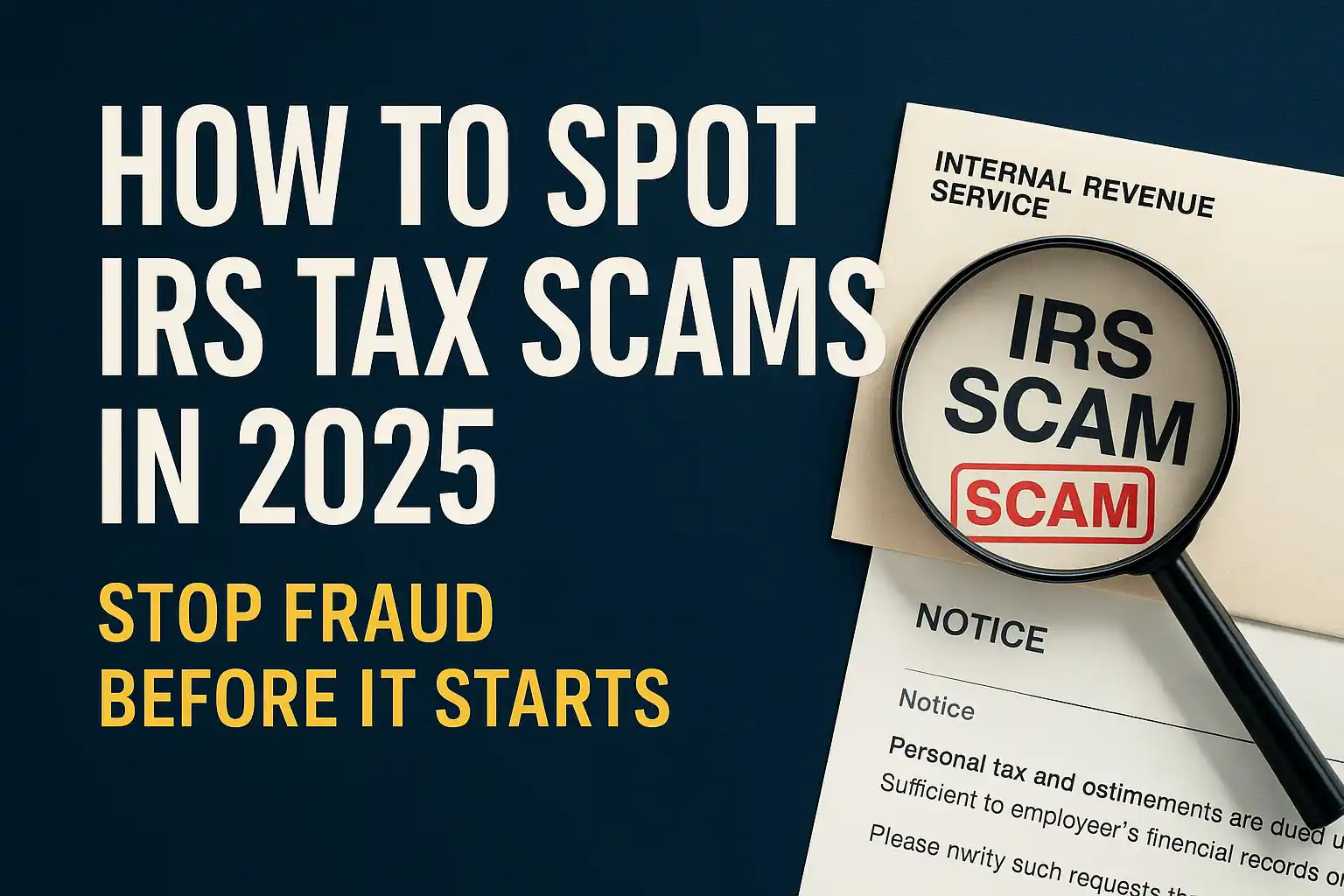Student loans cause a great deal of stress in the lives of many Americans. From keeping track of payment deadlines or living in constant fear of not being able to make their next payment, the whole process can be overwhelming. The bottom line is even if you are making payments and chipping away at your student debt, it can often be a never-ending and unforgiving process.
Surprisingly, 1 in 6 adult Americans has some form of student debt. But what’s even more shocking is that that many of these same debtors don’t know that in 2007, Congress created a program called “Public Service Loan Forgiveness”. Essentially, under this program, if a debtor is willing to work for 10 years in the public sector, (for example, in a government agency or non-profit organization), then the debt is completely forgiven. The debtor still needs to make the minimum payments each month during the 10 year period, but poof…the debt is gone at the end of the 10 years!
You may be willing to jump on the bandwagon and apply, but regrettably, up to this point in time, only a few hundred applications for Public Service Loan Forgiveness have been approved. This means it shouldn’t be viewed as a magic solution to get out of student debt, but if interested, you can learn more information and apply here.
In the meantime, if you are fighting to pay off that student debt that won’t seem to go away, there are still other things you should be doing to try and get out of debt as quickly as possible.
- Stay on a budget. Hold yourself to a standard of living within your means and being as thrifty as possible so that you can make your debt payments on time. Sadly, this may mean that you lived like a lawyer when you were in law school, and now you have to live like a law student to pay off those debts.
- Weigh needs versus wants. Take a good look at what you actually need to live on and what are simply desires of your heart. Try to give up anything you don’t absolutely need. Don’t forget the importance of sacrificing what you want now for what you want in the future!
- Don’t be afraid to make more than the minimum payment. Now, I am not suggesting that you live from paycheck to paycheck just so you can pay off your student debt faster, but I am saying that if you have the extra funds to do so, try and make a double payment now and then. This will chip away at the principal much faster and keep future interest payments lower. A good way to do this is by using any extra money earned from raises or tax refunds to pay off your loans.
- Implement a “debt snowball”. If you’re unfamiliar with this concept, basically, it is a strategy used to reduce debt by paying off things in order of smallest to largest. Then, once you have paid your smaller debts, you are already in the mode of paying off debts and have more motivation to continue paying off your larger debts. Just as a snowball starts small and grows gradually as it is rolled through the snow, a desire and self-control to pay off large debts will come as small debts are paid in full. [If you email me mark@markjkohler.com and put ‘Debt Snowball’ in the subject line, I’ll send you an instructional video and spreadsheet for free to implement on your own and get started.]
- Connect your monthly payments to your income. If you automatically have some of your paycheck devoted to paying off a student loan each month, you won’t even have to think about it. It will become less of a temptation to not pay it, and soon, you will realize that a good chunk of your debt has been paid off.
- Consider some government programs. There are several federal programs out there called “Income-Based Repayment” in which students can qualify based on how much money they are making. In this sense, it is similar to a loan gained by filling out the FAFSA document. However, in this scenario, interest will continue to grow. Negative amortization is when any unpaid interest is added to your current loan balance, and, if neglected, can lead to further debt. It works much like a credit card, so be careful!
One last thing you should know is that if you die or become disabled, your student debt is completely waived. Obviously, that is something you don’t wish for, but it is still good to know nonetheless. Loved ones that you may leave behind will not have to suffer due to any effects caused by your student debt.
Remember, while student debt can be strenuous, it IS POSSIBLE to pay it off. You don’t have to get through paying it off alone. There are so many people who want to help you. You can do this! So start today, and beat it to the ground!










